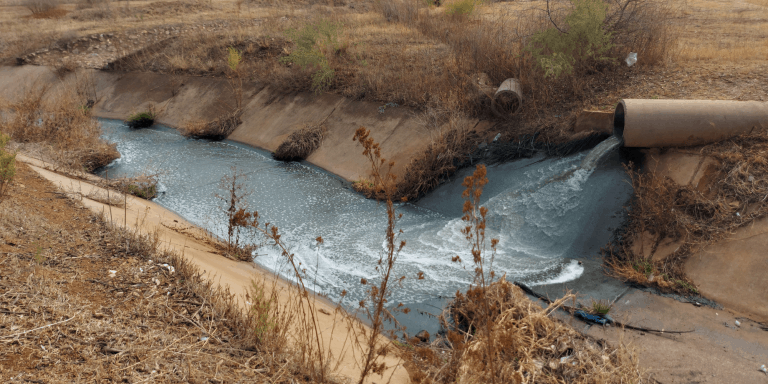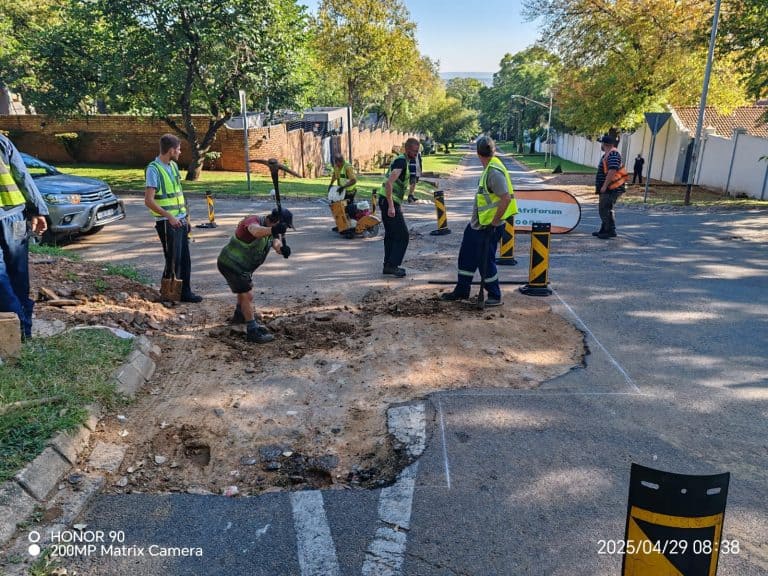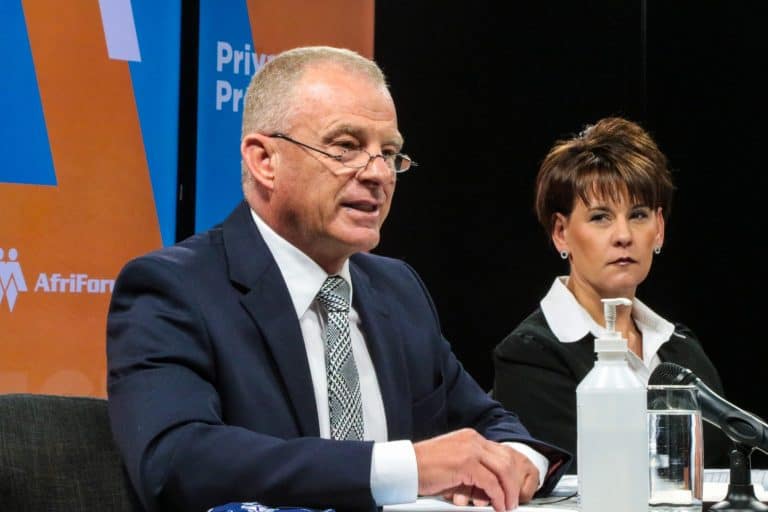AfriForum: Government’s approach to water pollution does not solve root causes
AfriForum says that the government should work on addressing the root causes of water pollution rather than treating the symptoms. This follows Sello Seitlholo, Deputy Minister of Water and Sanitation, earlier statement that communities and the private sector should help solve the water pollution crisis, especially regarding hyacinths and water lettuce. According to AfriForum, this statement does not take into account failed municipal waste water infrastructure and the government’s inability to effectively enforce environmental laws – these factors either directly lead to water pollution or worsen water pollution.
Large-scale, community-driven clean-up operations to remove hyacinths do not solve the systemic failures of wastewater treatment works that dump millions of litres of raw sewage into South Africa’s rivers. The Zandspruit sewage treatment plant dumps more than 30 million litres of untreated sewage into the Jukskei River – this is just one example of how poor infrastructure is exacerbating the pollution crisis.
Furthermore, the hyacinths currently infesting the Blesbokspruit wetlands and Vaal River barrage are not the cause of pollution, but rather the result of excessive nutrients in untreated sewage and industrial waste. Without proper maintenance and investment in wastewater treatment systems, these hyacinths will continue to spread despite attempts to remove them biologically or by simple manual labor.
“The outcomes will remain the same if we continue to treat the symptom and not the problem. If we clean the river today, there will be the same amount of hyacinths tomorrow, the battle will not be won that way,” says Lambert de Klerk, manager of Environmental Affairs at AfriForum.
The Department of Water and Sanitation must take decisive steps to hold municipalities accountable for continued violations of the National Water Act. Promises of monitoring and compliance mean little there are no real consequences for the guilty municipalities. The polluter-pays principle must be strictly enforced – not only against industries, but also against municipalities that repeatedly fail to meet water treatment standards.
“Municipal officials must be held responsible in their personal capacity for these crimes, only then will we begin to see real change,” concludes De Klerk.
AfriForum calls on communities to take ownership of their water security and hold their local governments accountable. Where the state fails, private and community-driven initiatives must step in to ensure that water resources are protected. AfriForum will continue its efforts to monitor pollution, pressure government entities to meet compliance standards, and advocate for real solutions that will address the root of South Africa’s water crisis.











